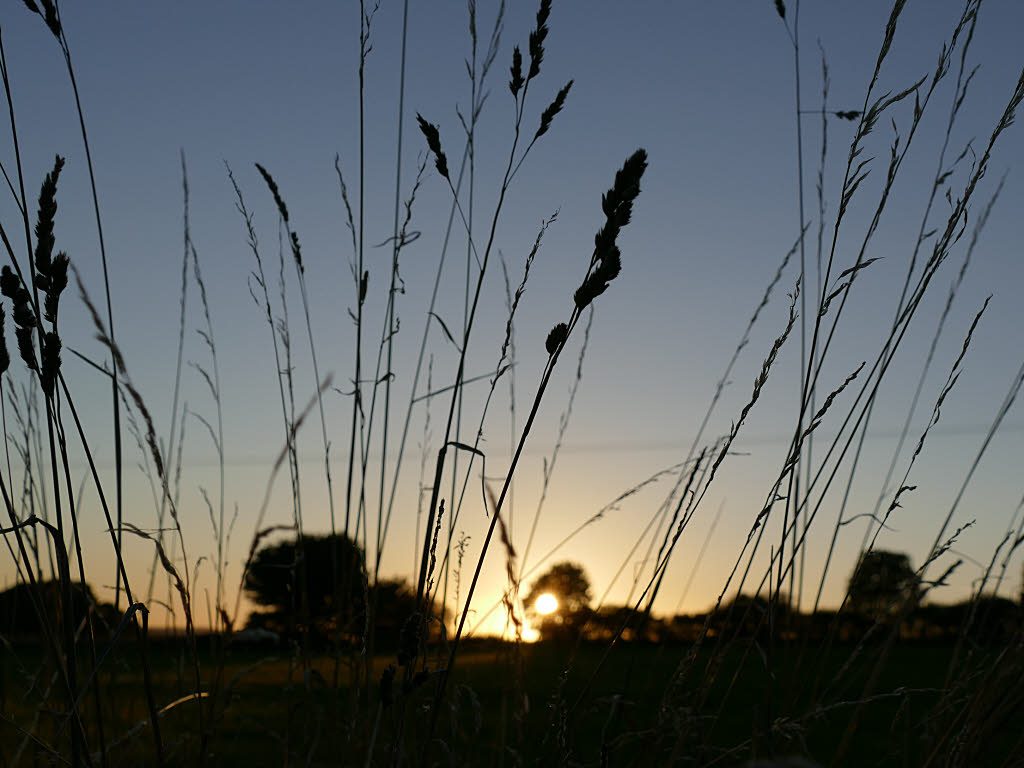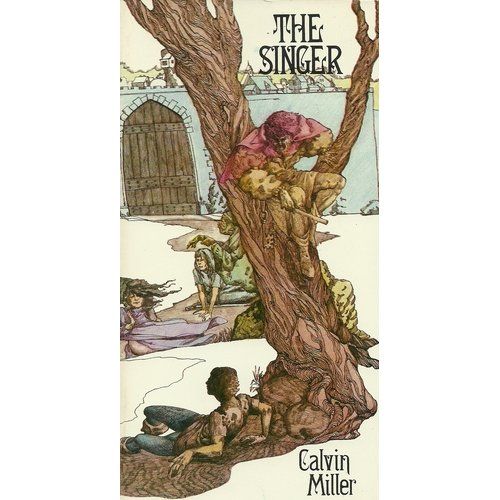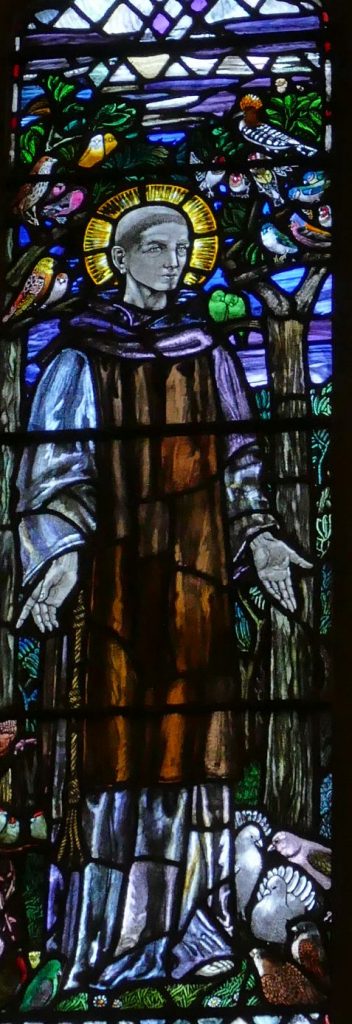Today’s hymn from Sing Praise is another on the theme of “The word of God”: “Speak, O Lord, as we come to you” by Keith Getty and Stuart Townend. It’s a straightforward hymn of three eight-line verses, with no chorus or bridge – surprisingly traditional for Townend, although there is no attempt at rhyming the lines and the text by itself reads as a prose prayer rather than poetry.
The overall theme is that God’s ‘word’ is something living. Not just the written word of the Bible (although presumably that is meant by the words “Truths unchanged from the dawn of time that will echo down through eternity”) but God’s message to us today. So the first and last verses start by asking him to speak to us (the middle verse starts “Teach us…”).
Although throughout the hymn the text refers to “us” and “we”, much of it is personal. Listening to God is the work of personal devotion. Asking to be “fashioned in God’s likeness” (v.1), or to have thoughts and attitudes tested against God’s purity (v.2), or to have minds renewed (v.3) are really the requests of an individual. But when many people pray in this way and find themselves changed in response, that is when the Church as a whole (the “we”) can, as the last line puts it, be built and the earth filled with God’s glory.




